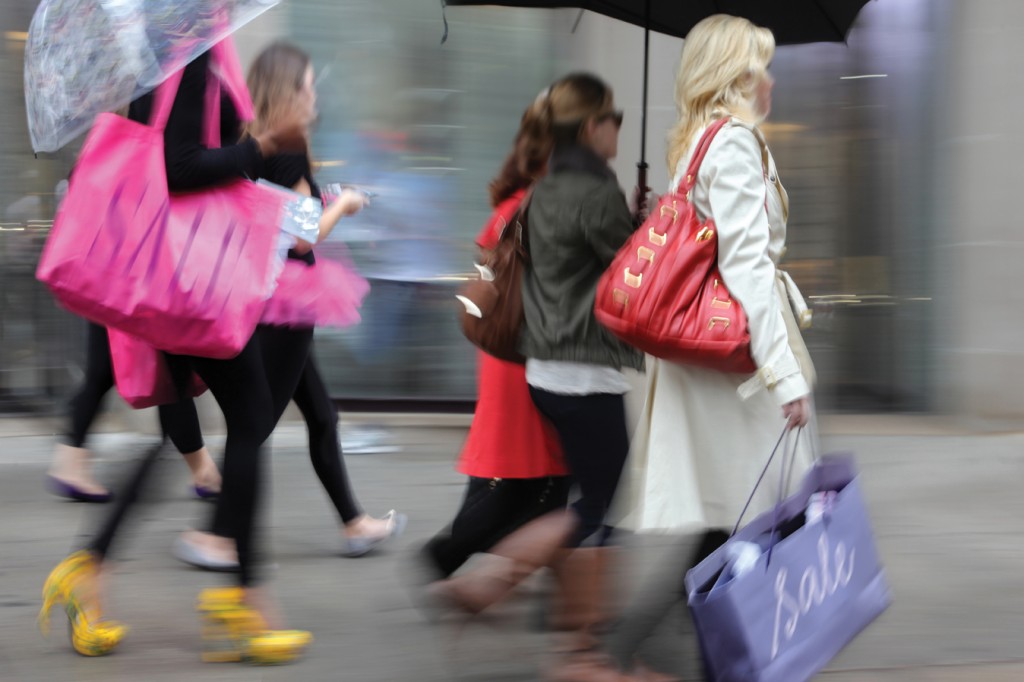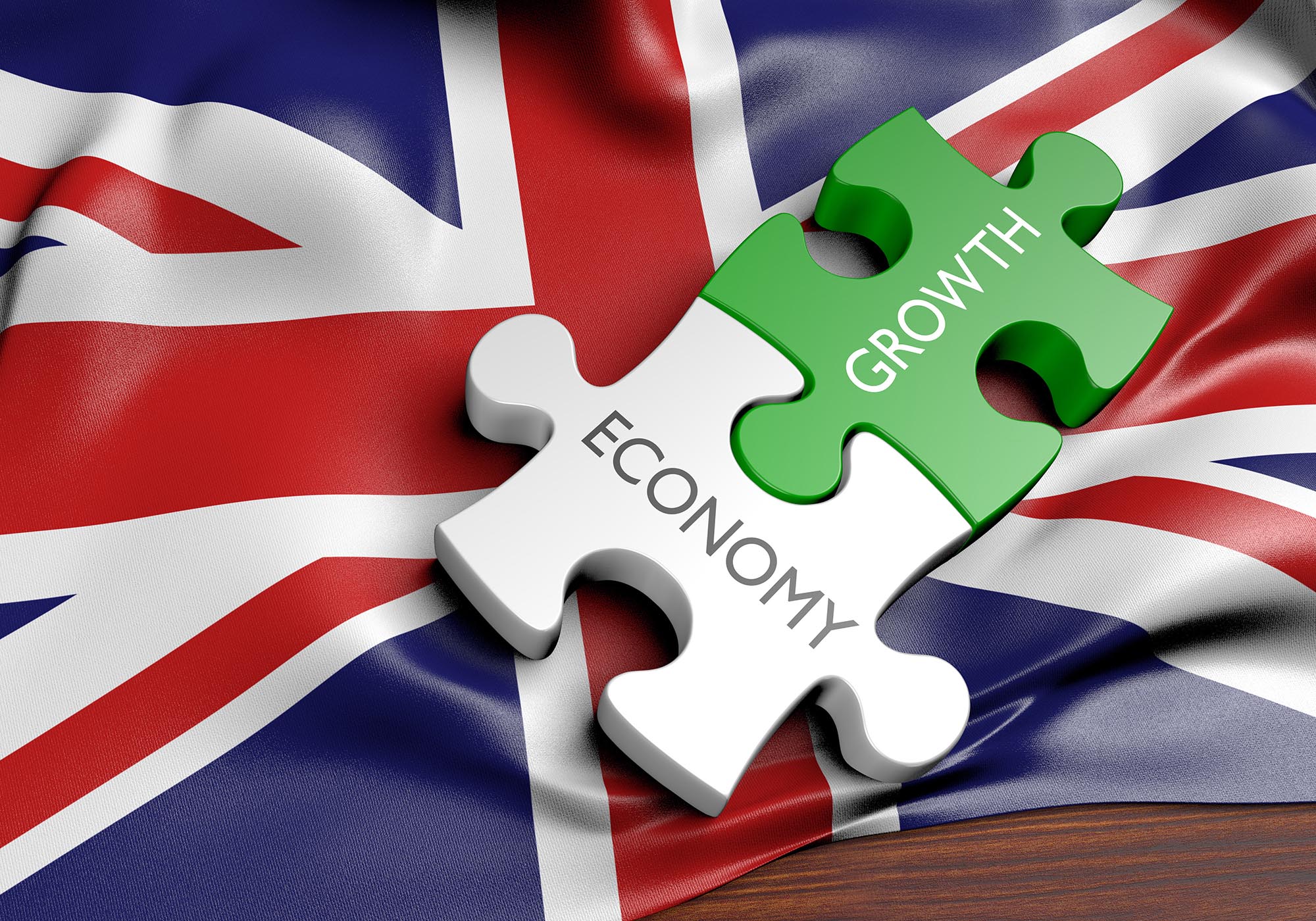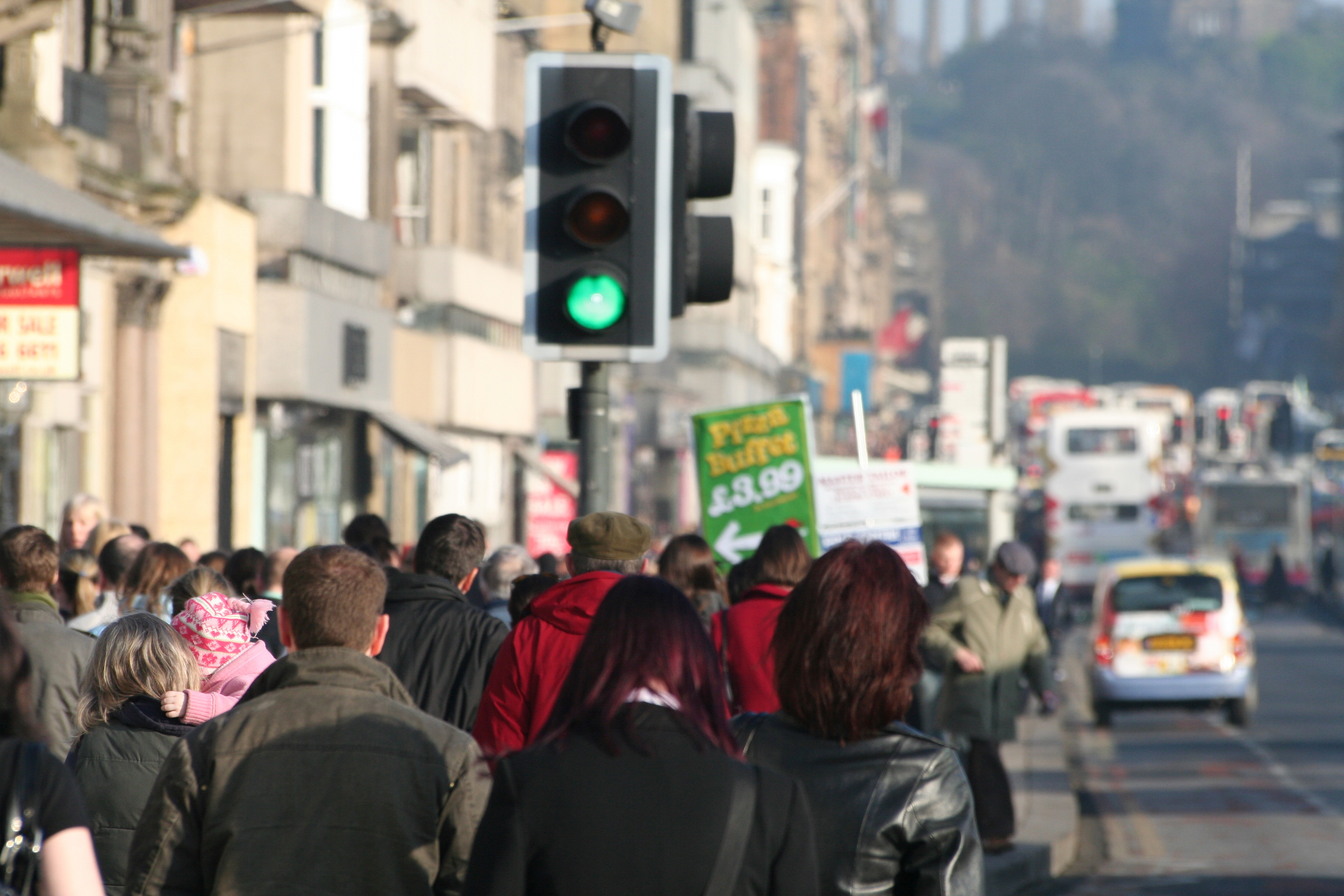Retail sales slowed down after shoppers saved their cash following "the wettest February on record", data reveals.
The total UK retail sales for the month increased by 1.1% compared to the same period last year, a drop on the 12-month average growth of 3.1%. This was also a fall from the three-month growth of 1.4% according to the British Retail Consortium’s (BRC’s) figures.
Sales dropped across non-food sales too, which decreased 2.5% over the three months up to February against a growth of 3.2% in 2023. In-store non-food sales represented a 2.3% dip in growth year-on-year, against the average 12-month average growth of 0.3%.
This was also mirrored online, where non-food sales fell by 4.1% against a decrease of 3.1% in February 2023.
However, food sales performed considerably better and customers contributed to a 6% year-on-year increase during the three months up to February.
After an encouraging start for high-street retailers this year amid a recession, Helen Dickinson, the CEO of BRC, says the wet weather rained on shoppers’ spending appetite.
‘Government must find ways to stimulate the economy’
Dickinson said: “Not even Valentine’s Day lifted customers out of the gloom, and gifting products that typically sell well, like jewellery and watches, failed to deliver. On the sunnier side, rainy weather did brighten sales of toys, as parents looked for ways to occupy their children indoors.”
Dickinson added: “With consumer confidence and demand remaining weak, the Government must find ways to stimulate the economy. Retailers have some Government-induced cost hurdles to jump in the coming months, including a £400m business rates rise based on last September’s 6.7% inflation rate.”
Shoppers restraint during February was echoed in the amount spent by customers of Barclays, according to its spending report.
Card spending grew just 1.9%, the lowest boost since September 2022, as the inclement weather instead meant customers went big on activities inside – or ‘insperiences’ – as well as takeaways and digital content.
Spending on fast food rose by 5% in February last year and cash spent on subscriptions had an 11.8% growth – its highest since August 2021.
Shop price inflation slowdown could lead to higher future sales
Jack Meaning, chief UK economist at Barclays, believes shop price inflation easing to its lowest rate for over 18 months is good news for shoppers and explains the subdued activity in February.
Meaning said: “We have continued to see encouraging signs of slowing price growth so far in 2024, particularly in the retail sector. Recent data shows shop price and grocery inflation decelerated significantly in February, as retailers offered shoppers discounts and promotional offers.
“This will be a welcome reprieve for consumers, and a probable explanation of last month’s subdued card spending growth: while many people will have taken advantage of recent price promotions, they look to have held back on spending at least some of what they saved elsewhere.”





